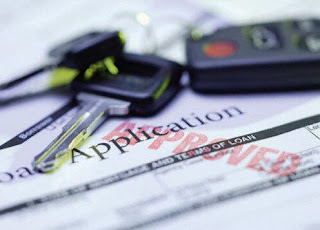Have you ever found yourself wondering ''How did I get myself into this debt?'', wishing you had that car insurance before the accident?
Unfortunately, we cannot turn back time, but we can offer you solutions for paying off your debt.
Even though it would be great if we could pay off one credit card with another credit card, that is not exactly the case.
Paying off a credit card with another credit card
This is, unfortunately, not possible. Bouncing the debt between two credit cards may be the simplest solution that crosses your mind, but in reality, credit card companies don't allow you to pay off your balance with another credit card.
Luckily, there is another kind of similar option you might be interested in. We are talking about balance transfer and cash advances – two ways of making that debt go away forever!
Balance transfers
This is a very quick way of transferring your debt from one credit card to another with a lower interest rate. Before you do this, calculate!
Debt transfer to a card that offers you more financial benefit can often hide additional fees and expenses, so you might end up with the same paying amount.
Through this process of paying some benefits, be careful – a lot of people don’t know what exactly they are paying for. Exercise your rights and monitor the Packaged Bank Account situation.
Pros for balance transfers
If you are looking for saving your money in the long run, balance transfers are a great tool! Some credit cards have better reward programs and perks, so don't miss it.
Starting with an interest-free period, credit card companies give you 12 to 18 months to convince you to transfer your balance.
Cash advance
If you are looking for the fastest way out, this is the solution that can help you in your intention.
Considering your line of credit, you can take a cash advance out with the help of credit issuers. Be aware of the fact that borrowing amount will add up to your owing amount at the end of every billing cycle!
This is a solution with a higher risk than balance transfers. However, taking that risk may pay off in the end!
Keep in mind expenses and fees – even though this is the fastest way out, it comes with its price.
Pros for cash advance
As said before, the biggest advantage of cash advances is saving time. This can be done very quickly and you could pay off your debt as soon as possible.
Getting the cash advance immediately can decrease your stress and reduce your worries!
So which one is a better solution?
Considering all the pros and cons of these two solutions, there is no right universal answer. Weigh the relevant factors and consider your abilities.
If you want to pay your debt as soon as possible, a cash advance may be your route. On the other hand, a safer and cheaper option is balance transfers, but they take time.








